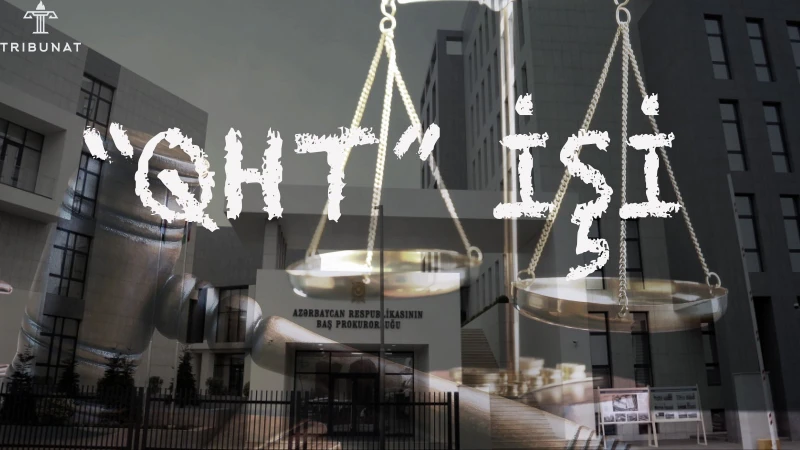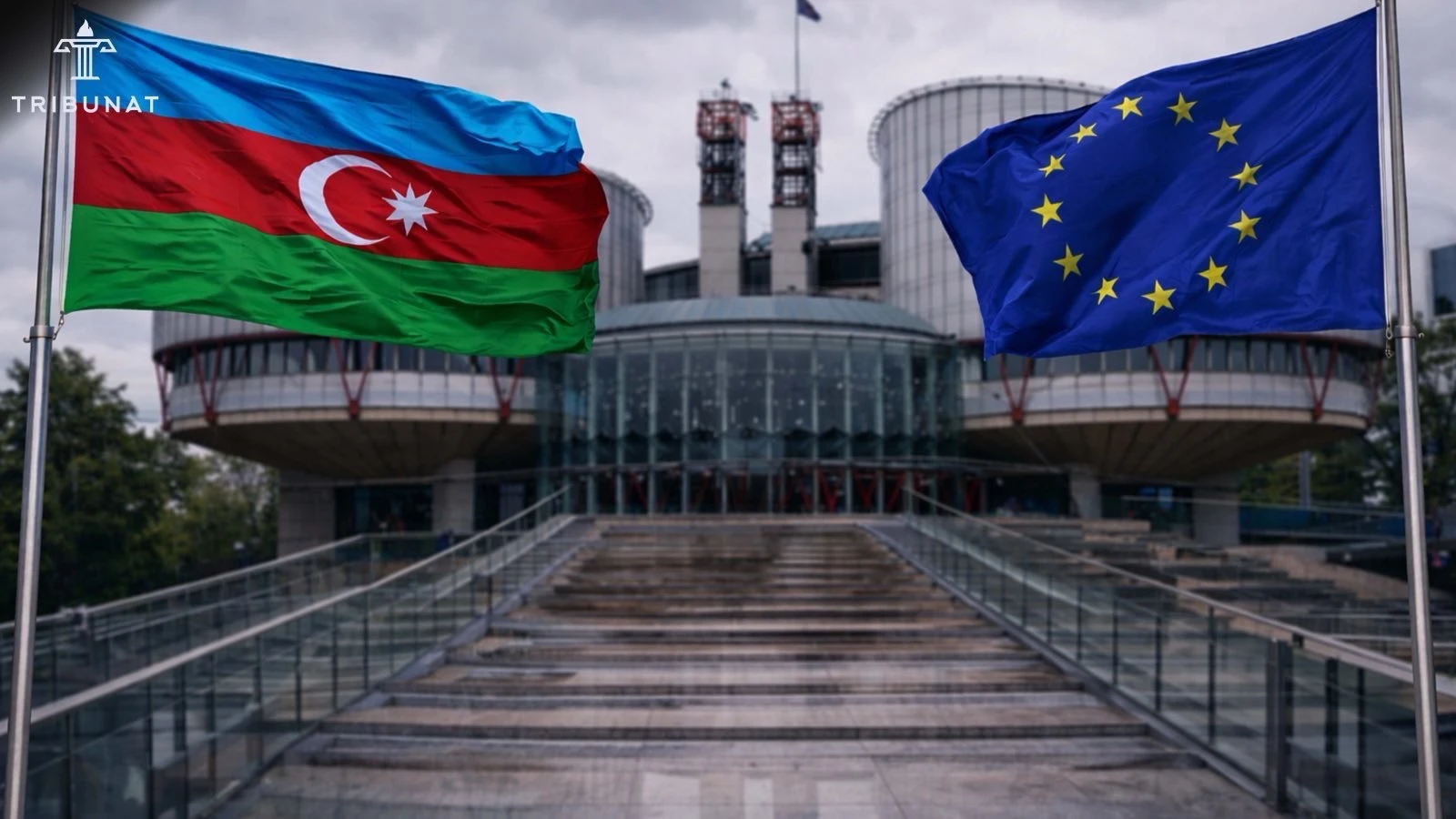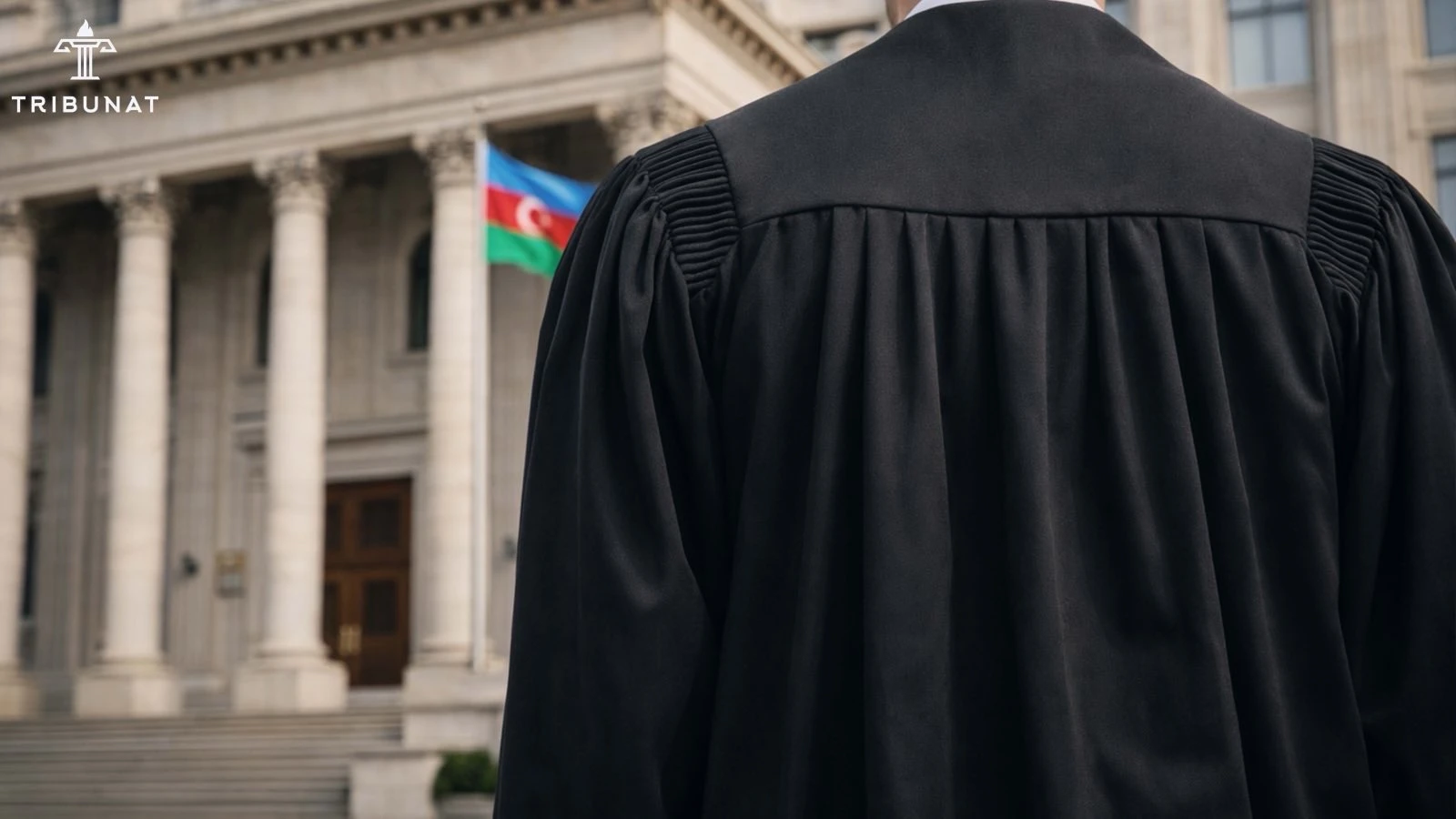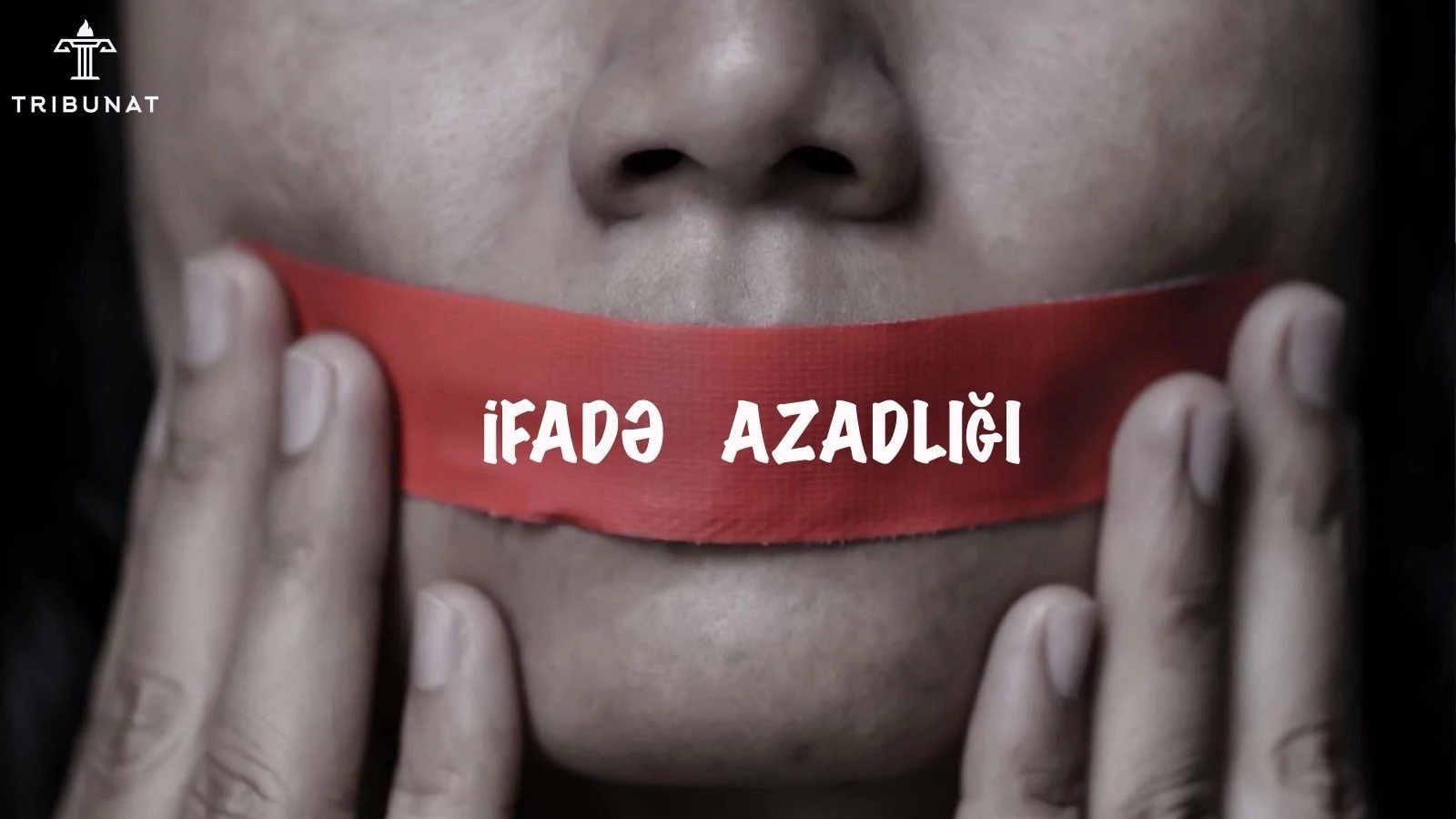The wave of repression, which has intensified since the fall of 2023, has begun to cover the last representatives of independent non-profit organizations since March of the current year. According to reports, the current case is notable for its similarity to the “NGO case” initiated by the Prosecutor General’s Office of the Republic of Azerbaijan in April 2014. That criminal case was terminated in 2023 under Article 39.1.2 of the Code of Criminal Procedure (in the absence of a criminal content in action).
Although extensive information about the new criminal case is not available in open sources, the number of individuals involved as accused, suspects, and witnesses in this case is more than enough.
The persons engaged in the investigation were charged under the following articles and aggravating clauses of the Criminal Code:
Article 192: Illegal entrepreneurship
Article 193: Evasion from payment of taxes, unemployment insurance, compulsory medical insurance and/or mandatory public social insurance
Article 308: Abuse of ex-officio full powers
Article 313: Office forgery
The "other charges" phrase used in local media reports about the case creates the impression that the final indictment will be even more wide-ranging.
"Tribunat" tried to analyze the legality of the charges in the case, which can be labeled as "NGO Case 2".
In this criminal case, representatives of non-governmental organizations are accused of a number of economic and service crimes. NGOs involved in the investigation are public associations operating with the financial support of the United States Agency for International Development (USAID), as well as other foreign donors and their contractors. Although the wave of arrests mainly affected representatives of independent non-governmental organizations, representatives of GONGOs are also among those involved.
It should be underlined that the choice of USAID as the main target is of no coincidence. This can be considered a logical consequence of the enduring smearing campaign conducted by the Azerbaijani government and the US conjuncture. Since mid-2024, government officials at various levels have been accusing USAID of corruption and the lack of a legal basis for its activities in the country. President Ilham Aliyev has repeatedly accused USAID of serving the interests of US intelligence agencies and acting contrary to the interests of Azerbaijan. USAID, which has been operating in the country since 1992, has invested about $500 million in Azerbaijan. This assistance has included cooperation with government, business and non-profit organizations in areas ranging from agriculture to management. Uncontested claims indicate that a very large and significant part of the amount in question was received by government agencies, the private sector, as well as ardent supporters of the ruling elites.
Core questions to be answered are: What kind of liability can arise when a grant agreement is formalized as a service agreement? According to the Law “On Grants”, a grant is assistance provided for the implementation of non-commercial activities and for a specific purpose/purposes. Such assistance is formalized by a grant agreement. A service agreement is a broader concept, regulating civil-legal relations and, as the name suggests, providing for the provision of service/services by one individual to another. Based on the principles of freedom of will and freedom of contracts of civil law subjects enshrined in the Civil Code, it can be argued that non-commercial subjects can formalize their relations with a service agreement. Article 4 of the Law “On Grants” takes as the legal basis for a grant a written agreement with the donor (grantor) and the recipient (grantee) or a written decision of the donor on awarding a grant. Legal entities, individuals registered in the Republic of Azerbaijan and authorities may act as recipients, be it the state of Azerbaijan, municipalities, public legal entities and so on and so forth. As for the form of the contract, the Decision on “Rules for Registration of Grant Agreements (Decisions)” provide, among other, for the registration of a grant agreement as a service contract, provided that the essence (subject) of the grant agreement (decision) is aimed at providing services or performing activities. Resultantly, there is no provision that directly distinguishes the essence of a grant agreement from a service contract or prohibits it in any sense.
The main argument considered a breach of the law in the approach of the investigation is the failure to register grant agreements. Registration issues are adjusted by the Decision “Regulation on Registration of Grant Agreements (Decisions)” of the Cabinet of Ministers. The regulation requires the agreement to be registered with the Ministry of Justice within 30 days of signature. Failure by the recipient entails liability under the Code of Administrative Offenses. Violations that will entail liability include failure to register the agreement, accepting assistance without a contract, and conducting bank or other transactions based on an unregistered agreement.
The question that arises is: to what extent is it warranted to hold the accused individuals criminally liable? When analyzing Article 192 of the Criminal Code, which deals with illegal entrepreneurship, the primary inconsistency is the mutual negation of the commercial (entrepreneurship) activity sanctioned by the article and the non-commercial activity engaged in by the accused.
The main feature of entrepreneurial activity, according to the Law "On Entrepreneurship", the Civil Code, and the Tax Code, is the acquisition of profit for individuals and legal entities. The following elements make any entrepreneurship illegal:
Failure to be registered in the public (tax) procedure established by the legislation of the Republic of Azerbaijan;
Failure to obtain a special permit (license) when such permit (license) is required;
Violation of licensing terms;
Using items restricted for civil turnover without special permission.
It is feasible to draw a conclusion that the burden of proof for illegal entrepreneurship, taking into account the requirements of the Code of Criminal Procedure, falls on the prosecution. In the event that it is proven that the funds allocated as a grant were used contrary to the contract between the donor and the recipient and for commercial purposes, it is reasonable to classify the criminal case under Article 192. Else, such accusations cannot be considered lawful.
Such an absurd legal situation stems from the regulations of public registration of non-governmental organizations. The regular complication of the registration rules and, as a result, the virtual impossibility of public registration of non-governmental organizations leads to a “gray area” for the activities of civil society organizations. This conclusion can be drawn from the decisions of the European Commission for Democracy through Law (Venice Commission), international human rights organizations and the European Court of Human Rights upon amendments to the relevant legislation. Local human rights organizations state that systematic problems related to the processing of cases in which violations of Article 11 of the European Convention on Human Rights (freedom of association) regarding the registration of NGOs have not been resolved and that citizens who exercise their rights, despite the absence of a direct ban on operation without registration, face administrative interference.
This is not the first instance that civil society representatives have been accused of illegal entrepreneurship and other criminal acts in the economic sphere. In the first wave of prosecutions against independent NGO representatives, which began in 2014, several civil society representatives were also accused of illegal entrepreneurship, along with other criminal acts. In this regard, it is worth considering the decisions in Jafarov v. Azerbaijan and Aliyev v. Azerbaijan. Although the Court reached similar conclusions in both cases, the circumstances of the cases were different; in Jafarov, unlike Aliyev, the NGO did not have state registration. Nevertheless, the Court states that the lack of state registration of non-commercial activities does not constitute grounds for qualifying the activity as commercial. It is unlawful and arbitrary to classify the failure to register as a criminal act, even though it is an administrative offence. Since the other charges were also based on the commercial nature of the defendants’ activities, the Court found in both cases that the applicants’ detention and arrest had been in violation of Article 5§1 of the Convention. The Court also found a violation of Article 18 of the Convention in these cases. The violation consisted in the fact that the Government in both cases had restricted the applicants’ rights and freedoms under the Convention for reasons other than those set out in the Convention – namely, as human rights defenders and government critics.
Consequently, upon analysis of the cases of the first wave of attacks on the civil society sector in 2014, it becomes clear that these accusations against independent and opposition NGOs under the guise of economic crimes are nothing new. Strict legal obstacles to NGO activity create a “gray area” for civil society representatives, and on the other hand, the policy of constant persecution and punishment by law enforcement agencies is designed to effectively prohibit such activities by considering them undesirable. Though, based on the country’s domestic and international obligations, such illegal and arbitrary persecution should be stopped, and the legal environment for public activity should be optimized.






